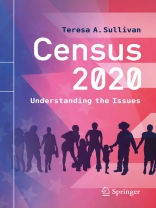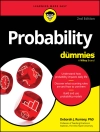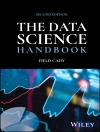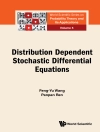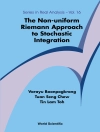The decennial Census is the US Government’s largest statistical undertaking, and it costs billions of dollars in planning, execution, and analysis. From a statistical viewpoint, it is critical because it is the only database that maps every inhabitant into a geographic location. By constitutional mandate, census data are the basis for reapportioning the House of Representatives and the Electoral College. The states use census data to redistrict their state legislatures and often to redraw boundaries for local elections. Census data inform the distribution of over $1.5 trillion in federal funding during the decade.
This book details the fundamentals and significance of the 2020 Census for the non-specialist reader. It covers why the Census is the only statistical activity required by the US Constitution, the challenges of working towards an accurate and complete count, and what political ramifications flow from this process. Concise, timely, and comprehensible, this book provides helpful real-life examples while also offering an overview of the entwined statistical and political issues that surround the Census.
Tabla de materias
1. The Census: A Pillar of American Democracy and American Society.- 2. Who, What, When, Where of the Census.- 3. Who’s Missing: Undercounting and Underreporting.- 4. The Citizenship Issue and Gerrymandering.- 5. Privacy and Data Protection. 6. Are There Alternatives to the Census?.
Sobre el autor
Teresa A. Sullivan is president emerita and university professor of sociology at the University of Virginia, and the interim provost and executive vice president for academic affairs at Michigan State University. Renowned for her scholarly contributions in social demography, she is the author or coauthor of multiple publications, including The Fragile Middle Class: Americans in Debt (2000, with E. Warren and J. L. Westbrook), The Social Organization of Work (2011, with R. Hodson), and As We Forgive Our Debtors: Bankruptcy and Consumer Credit in America (1999, with E. Warren and J. L. Westbrook).
